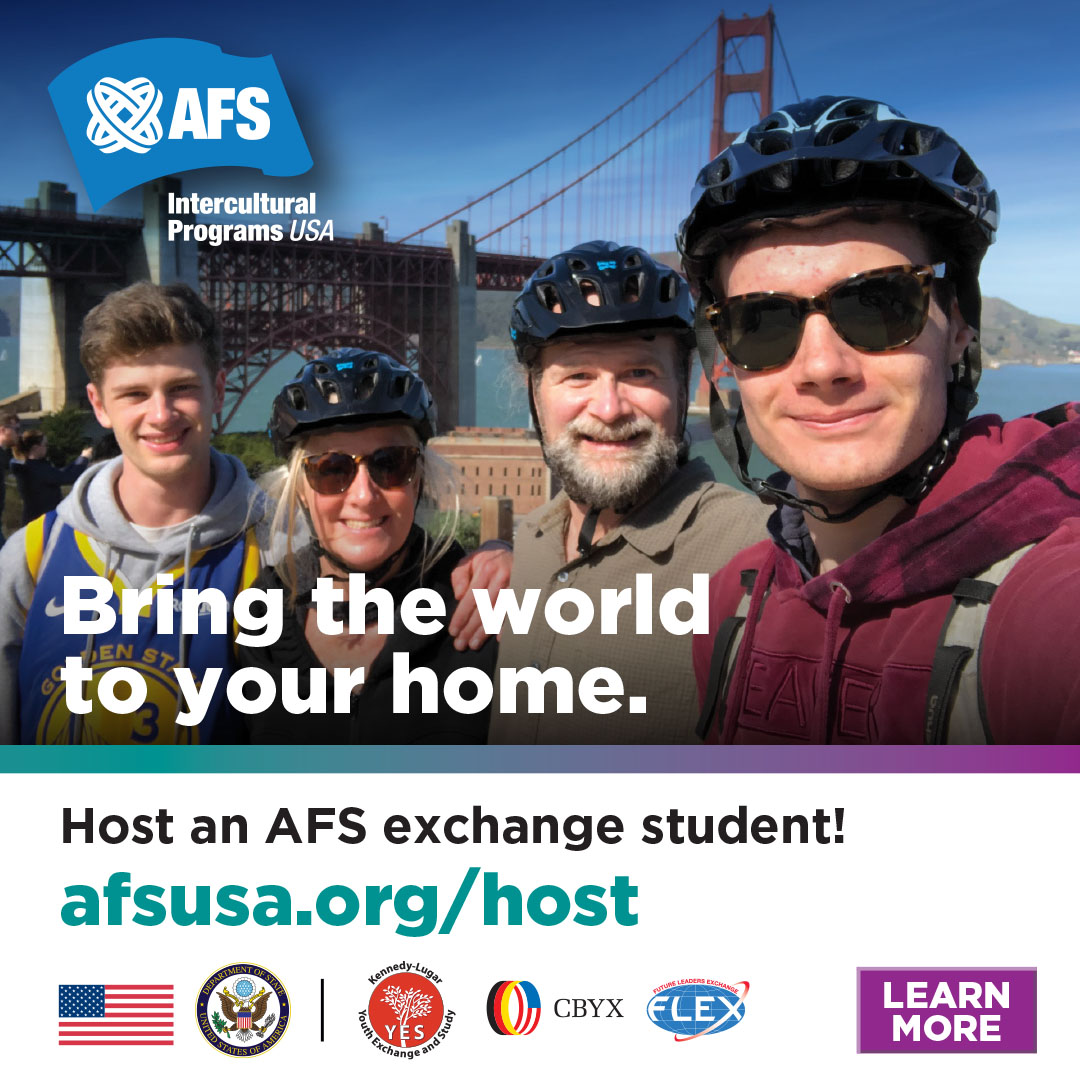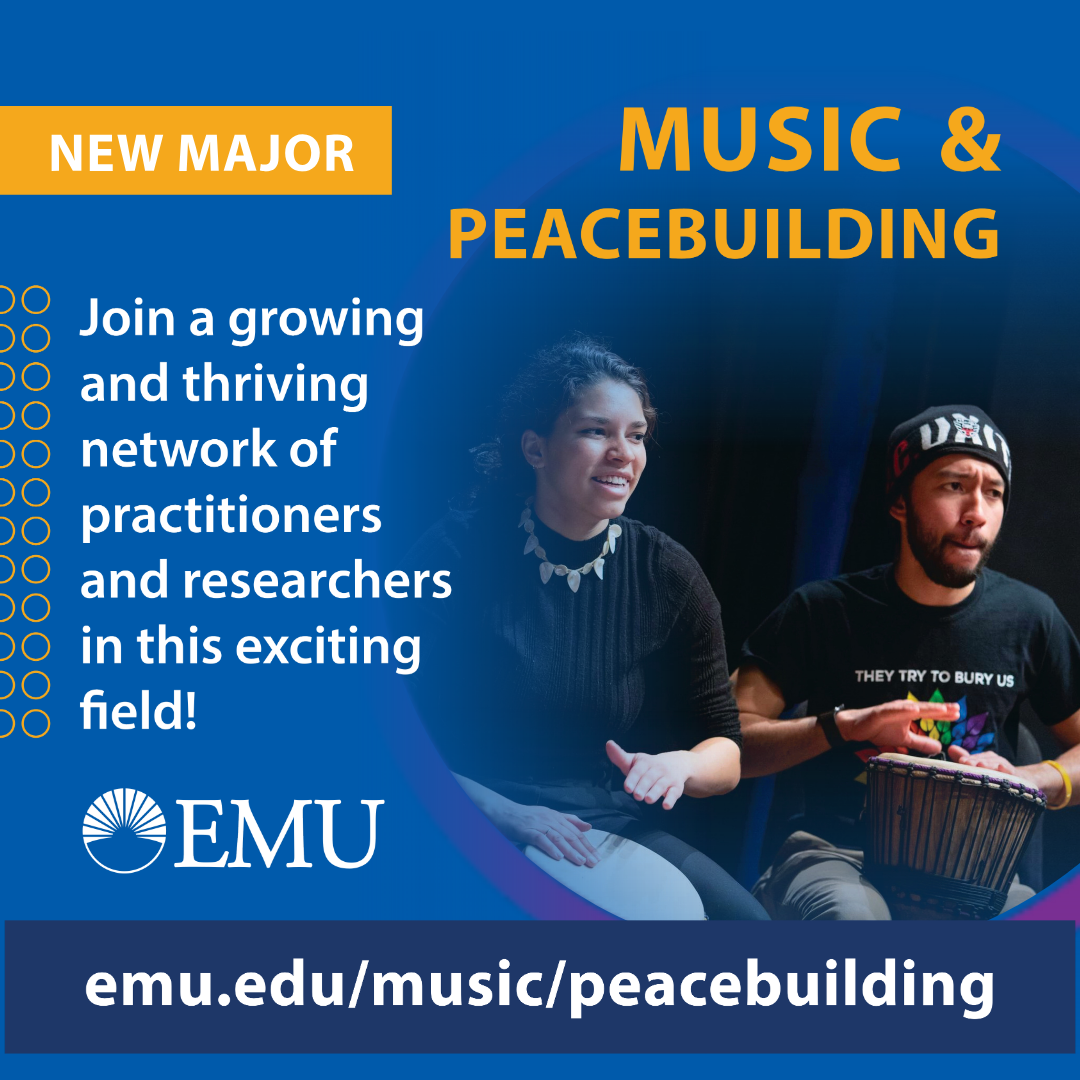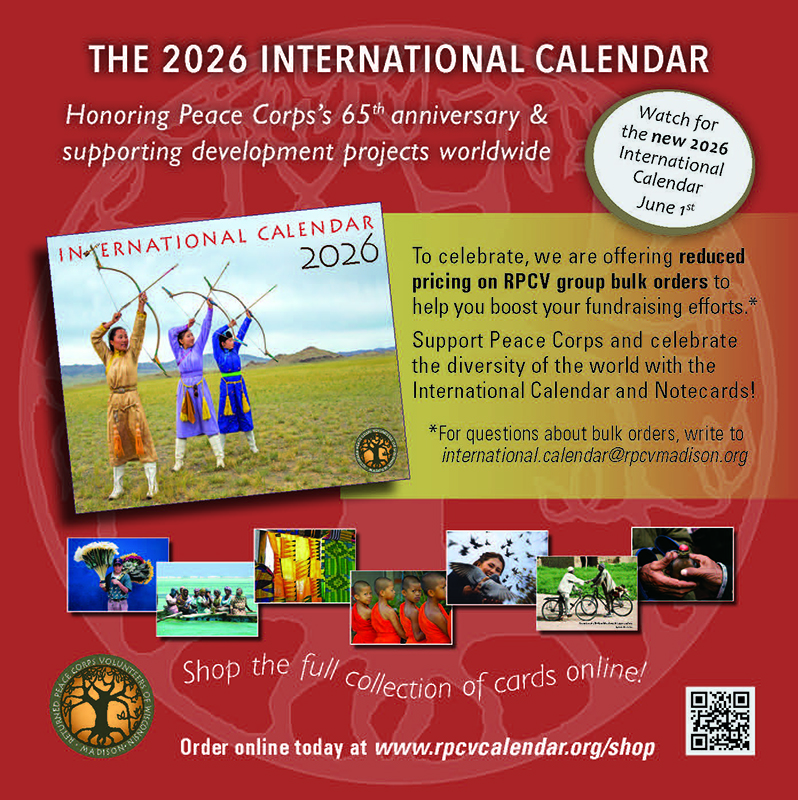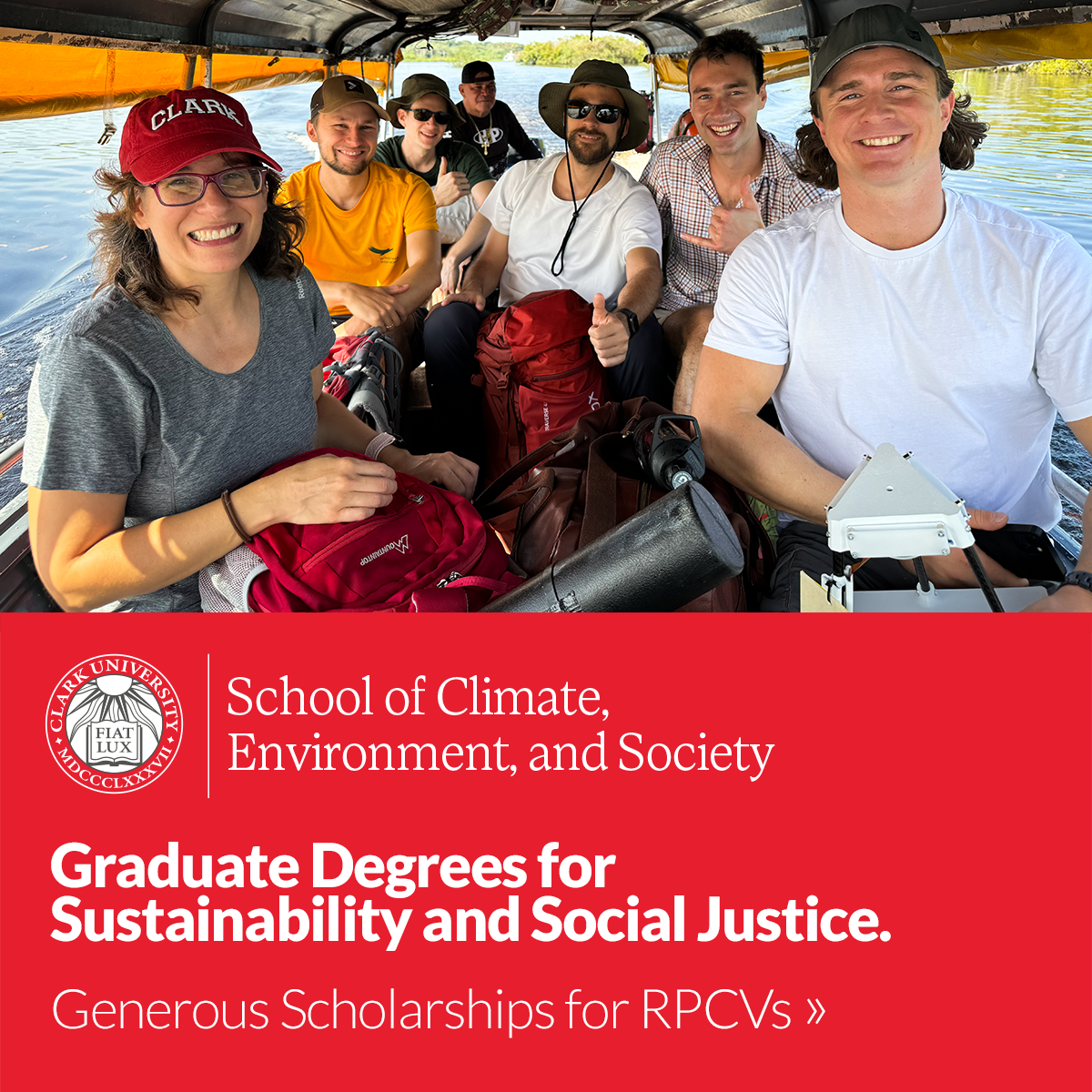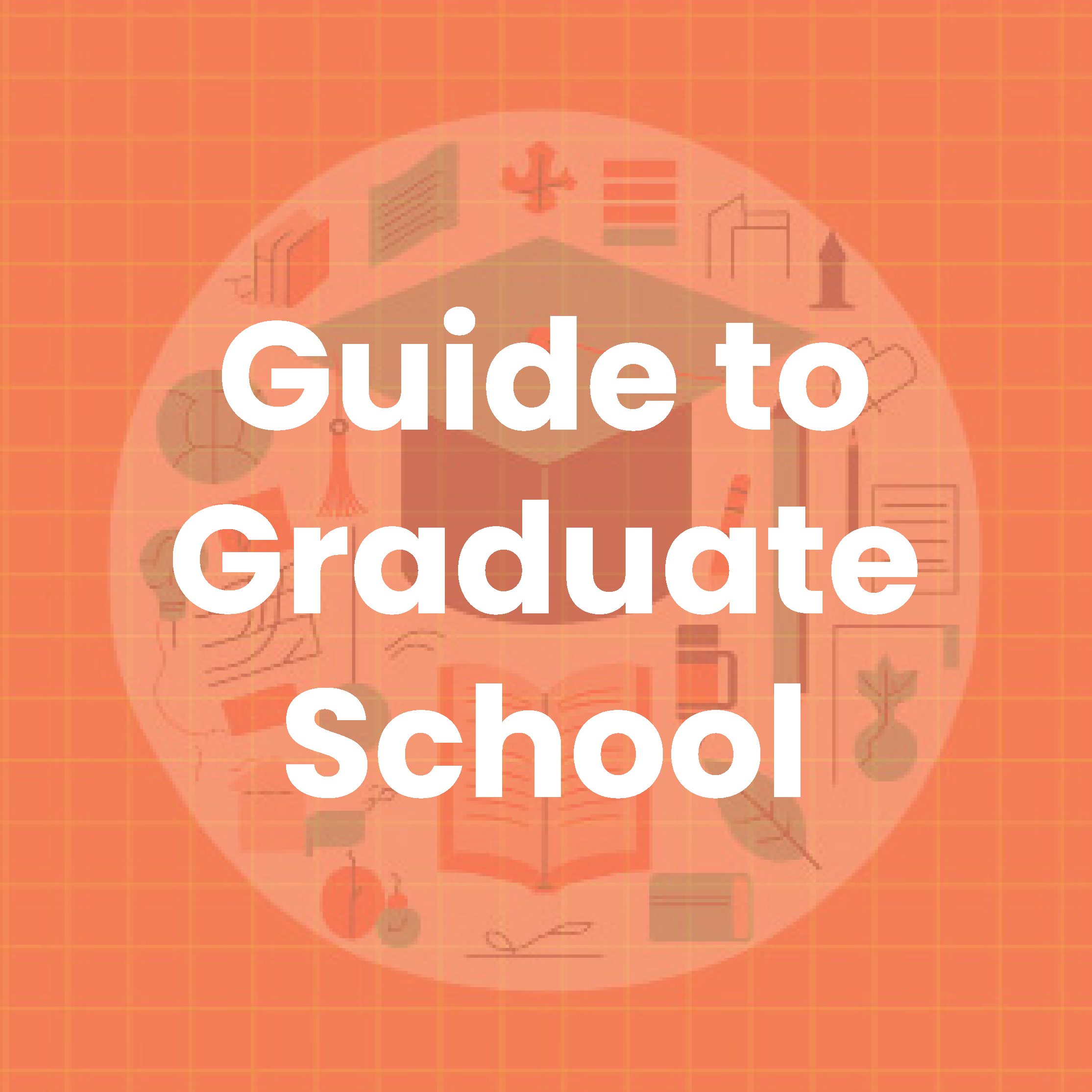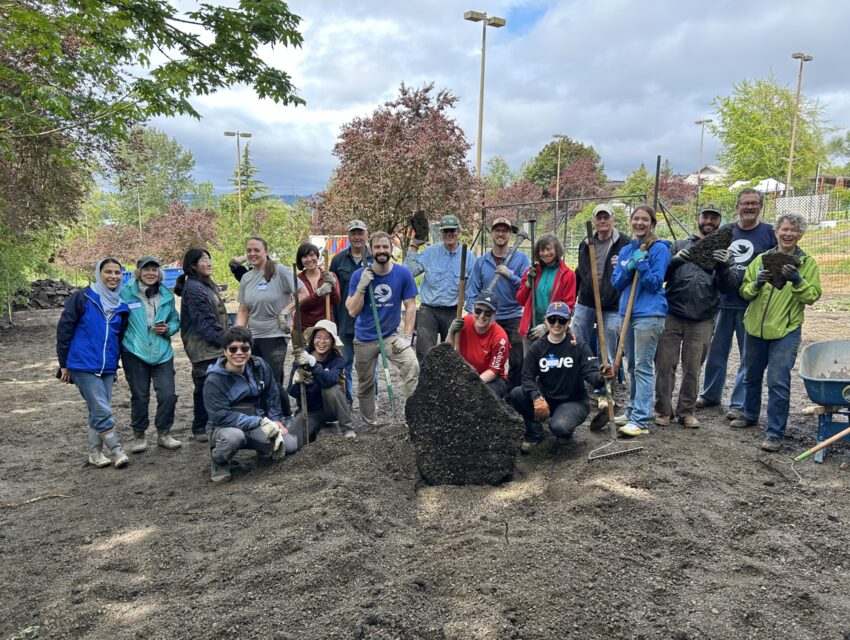
Garden of Refuge
RPCVs in Seattle Create a Community Space for Families and Refugees
As part of our commitment to continued service, the Seattle Peace Corps Association (SEAPAX) is partnering with World Relief Western Washington to support a refugee community garden. For the last five years, teams of SEAPAX Volunteers have worked in the garden, clearing weeds in the spring to ready the beds for the planting season and planting cover crops in the fall to prepare them for winter.
At the suggestion of refugee and immigrant community members concerned about the lack of access to healthy food, World Relief Resiliency Program created an urban garden in Kent, Washington, in 2017. In transforming a neglected 2-acre parking lot into 50 garden plots, World Relief has created a place for refugee and immigrant families and local residents grow nutritious food, fostering community bonds and promoting healthy living. Innovative environmental features like de-paving 50,000 square feet of asphalt and installing cisterns for rain gardens transformed parking spaces into a green oasis aptly named the Paradise Parking Plots Community Garden.
The garden has created as a “community of communities,” serving more than 100 refugees from 17 countries, including 40 children. A recent study captured the garden’s positive mental and physical health impact. The refugee garden has promoted healthier lifestyles, improved food access, and built community. At the end of the 2024 season, 69 percent of surveyed gardeners had an increased food security score and 100 percent reported that they eat more organic, fresh food and feel better about where their food comes from.
As one African gardener stated, the gardens “allow me to be outside, meeting neighbors, trading food, and getting physically active while growing my own food. Getting to garden in a quiet space and listen to the birds feels magical and so soul nourishing.”
Over the years, SEAPAX’s relationship with World Relief has been a “win-win” for both. World Relief has appreciated the flexibility and “get it done” attitude that SEAPAX Volunteers bring to their work in the garden. SEAPAX has been impressed with the World Relief’s organization and vision for an environmentally friendly community space to grow healthy and organic food.
Building on this ongoing relationship, SEAPAX and World Relief brainstormed ways to deepen our impact with a grant. The World Relief garden team came to SEAPAX with an idea proposed by a young intern. Recognizing the need for gardeners’ kids to have a safe place to play while their parents tended their plots, the intern suggested building an enclosed play area in the garden. Providing seed money for a Kids’ Zone struck SEAPAX as an exciting opportunity, and momentum quickly began to develop to raise funds for the project.
Over the years, SEAPAX’s relationship with World Relief has been a “win-win” for both.
At SEAPAX’s request, World Relief submitted a grant proposal to depave a shaded area of the parking lot and install soft landscaping, raised garden beds, picnic tables, and natural play structures. SEAPAX donated $500 in matching funds and raised an additional $500 from members at our annual holiday party. This seed money was used to leverage an additional $1,000 in matching grant funding from National Peace Corps Association, raising a total of $2,000. Other local donors have taken note, and the Kids’ Zone has attracted multiple offers of in kind and financial support, including a comprehensive environmental study by students from the University of Washington’s Urban Design and Planning Department.
After months of planning, groundbreaking for the Kids’ Zone was set for May 17th. As the backhoe dug up asphalt, SEAPAX Volunteers and community members hauled away chunks of the former parking lot and spread wood chips to build a foundation for the play area. At the end of the workday, a student chef from World Relief’s commercial kitchen training program catered a celebration with delicious Rwandan food. Fencing and play equipment are scheduled to be installed in time for this summer’s planting season.
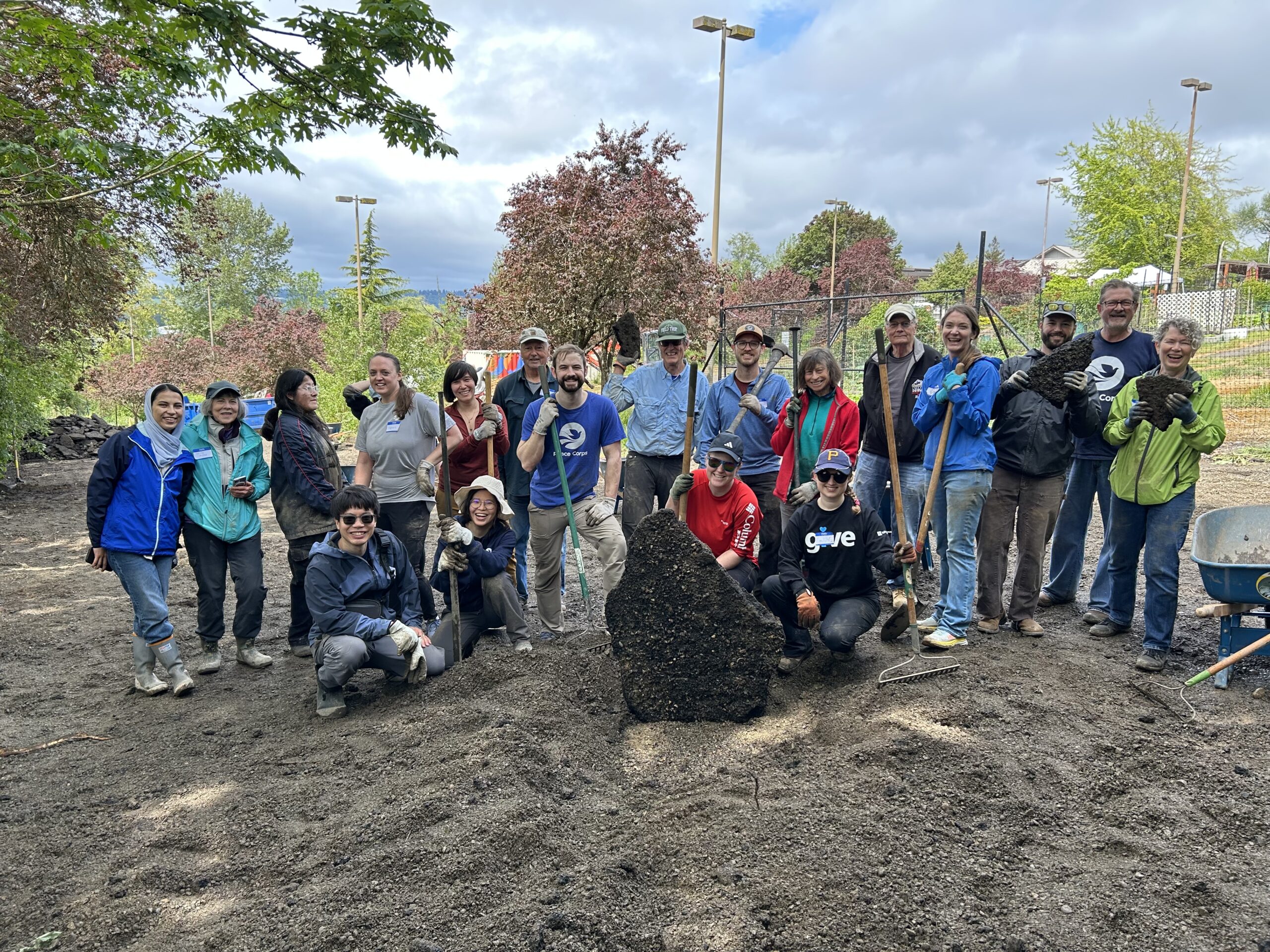
The Kids’ Zone will provide children a safe space to engage in free and natural play, developing social-emotional learning skills while their parents cultivate healthy foods for the family. This summer the Kids’ Zone will offer a learning space for refugee youth enrolled in World Relief’s Early Learning and Family Support program. Volunteering in the gardens also gives local schools and churches a chance to promote youth service and environmental stewardship while getting back to nature.
Support for the refugee garden and the Kids’ Zone has also had a positive for SEAPAX members. Spring and fall gardening days give members a chance to get together, build sweat equity in a meaningful service project, and compare “how much harder it was to garden in my village.” At a time when many SEAPAX government employees are dealing with job uncertainty, volunteering in World Relief’s refugee garden offers a meaningful opportunity for services and a gratifying way to return the hospitality they received while working overseas. Volunteering in the garden has offered SEAPAX members a unique opportunity to build community by being community. Working closely with World Relief has also ensured that SEAPAX volunteer efforts and resources positively impacted our neighbors in need.
John Berry (Niger 1986–89) is president of the Seattle Area Peace Corps Association (SEAPAX)
Related Articles
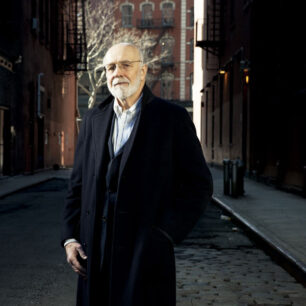
Made in America
Charlie Clifford (Peru 1967–69) is the founder of Tumi Inc., a global travel luggage brand, as well as Roam Luggage.…
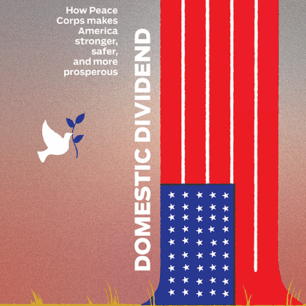
Spring/Summer 2025 Issue
This special issue of WorldView makes the definitive case for how Peace Corps makes America stronger, safer, and more prosperous.
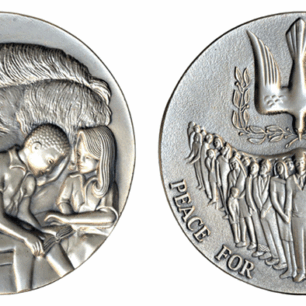
Return on Investment
As federal funding for international aid and cultural exchange programs continues to shrink, policymakers are increasingly asking whether these initiatives…
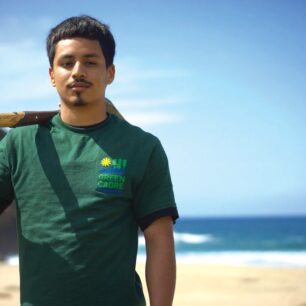
“Bigger Than Peace Corps”
California Service Corps is the largest state-based service program in the U.S. , with more than 10,000 volunteers across the…

